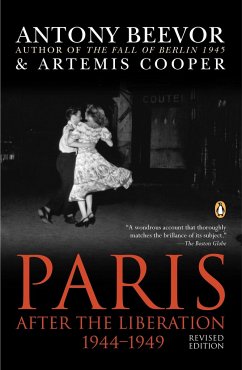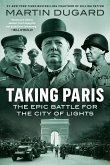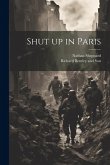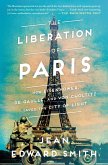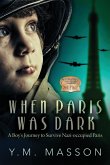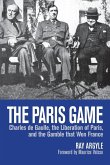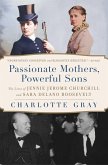When Allied troops fought their way into Paris on August 25, 1944, they were greeted by the wildest scenes of joy Europe had ever witnessed. The following day, over a million people thronged the streets in a delirious atmosphere of freedom to watch General de Gaulle's triumphant march from the Arc de Triomphe to Notre Dame. There was a black edge to the exuberance, though. Hatreds from the Vichy era led to the settling of scores in a chaos of often wild justice. The period that followed was full of contrast and contradiction: Picasso, a multimillionaire, became the Communist Party's star recruit; an infatuation with American popular culture thrived amid virulent anti-Americanism; black marketeers grew rich on the misery of the population; literary and social life revived miraculously amid the poverty and dilapidation; Christian Dior revolutionized fashion with the extravagant use of material, and working-class women tore the clothes in outrage from one of his models. Arthur Miller observed of Paris, emotionally scarred by the Occupation, that "the moral, the literary, and the political were the same". Paris was the focal point in the opening stages of the Cold War, and in the new era of the atom bomb. Existentialists and Communists arguing in cafes sensed that history had entered a decisive phase. At a time when rumor was as powerful as fact, word of plots and counterplots proliferated, and France came to the brink of civil war. Paris After the Liberation is the first work to do justice to this extraordinary period. It is a landmark achievement, a brilliant fusion of politics, literary life, society, theater, fashion, and art woven into a rich and intimate account brimming withrevelation. Acclaimed historians Antony Beevor and Artemis Cooper (the granddaughter of England's first postwar ambassador to France) have drawn on an astonishing array of sources: unpublished diaries, letters, and photographs; interviews with many of the period's leading figures; and important material from archives in Paris, the United States, London, and Moscow, whose newly opened state papers have provided a wealth of completely fresh information, much of it startling. Paris After the Liberation brings to life a pivotal moment of world history, suffusing it with wit, anecdote, and brio. It is a brilliant and thoroughly enjoyable work of synthesis, a fitting celebration of the fiftieth anniversary of the liberation of Paris.
Hinweis: Dieser Artikel kann nur an eine deutsche Lieferadresse ausgeliefert werden.
Hinweis: Dieser Artikel kann nur an eine deutsche Lieferadresse ausgeliefert werden.

